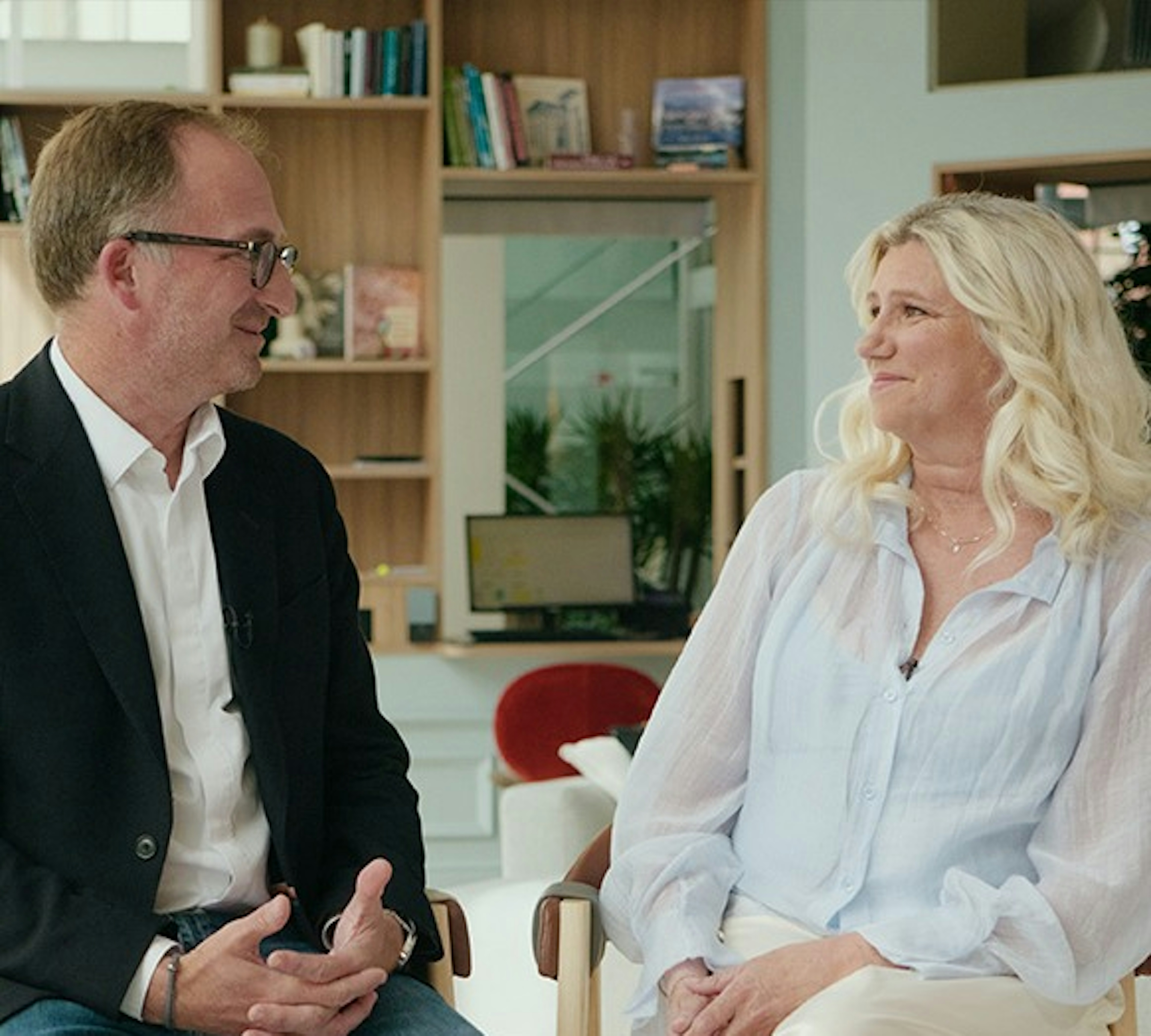Brands
01.28.2026
Novotel Launches "Longevity Everyday": Pioneering the Quiet Wellbeing Revolution

Discover what’s shaping hospitality and how Accor is setting the pace.
Brands
01.28.2026
Novotel Launches "Longevity Everyday": Pioneering the Quiet Wellbeing Revolution

Loyalty
01.23.2026
ALL Accor x Globetrender: When Moods Drive Bookings

Loyalty
01.16.2026
ALL Accor: Insights from Alix Boulnois on a Strategic Growth Ecosystem

Hotel Development
01.05.2026
Our Most Anticipated 2026 Openings: Accor continues to shape the future of hospitality in leading markets around the world

Digital & Tech
10.30.2025
Unlocking Profitability Through Revenue Management: How Accor is Helping its Partners Achieve Double-Digit Growth

Procurement
10.16.2025
Driving Operational Excellence Through Procurement: Insights from the TRIBE Düsseldorf Opening

Design
09.23.2025
From Vision to Operational Excellence: How Novotel Brugge Centrum Transformed into a Modern Flagship
